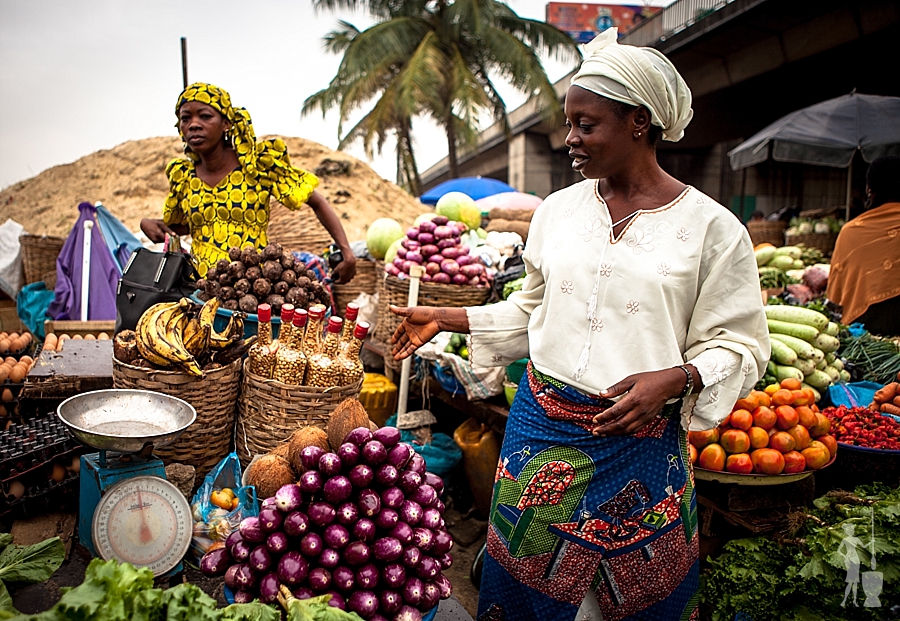The Nigerian Association of Chambers of Commerce, Industry, Mines and Agriculture (NACCIMA) Business Women Group (NAWORG), Thursday urged the federal government to ensure 30 percent of all procurement sum is given to women businesses to improve nation’s economy.
Hajiya Aisha Abubakar, Chairperson, NAWORG, made the call at a press briefing after a roundtable advocacy event for the Implementation of the Presidential Executive Order on the Consideration and Allocation of Quota to Women Owned Businesses in Public Procurement in Abuja.
The theme of the briefing is “Enhancing Women’s Economic Empowerment through inclusive Government Procurement Processes”.
Abubakar said channelling some percentage of the procurement sum to women entrepreneurs would ensure their inclusion in public procurement processes and enable them contribute to the nation’s economy annually.
According to her, despite President Muhammadu Buhari’s Executive Order 003; instructing all Ministries, Departments and Agencies (MDAs) to grant preference to local manufacturers in their procurement of goods and services, a little percentage goes to women-owned businesses.
” The case for gender equality is founded in both human rights and economic arguments. As such, closing gender gaps must be a central part of any strategy to create more sustainable and inclusive economies and societies.
“We, therefore, advocate specifically for improved market demand for products and services of women-owned businesses by leveraging on the Presidential Executive Order 3 published in 2017, titled, Executive Order On Support for Local Content in Public Procurement by the Federal Government.”
Abubakar, said that the case for gender equality is founded in both human rights and economic arguments.
“While gender parity in education attainment is improving, women still remain severely under-represented in key, growth-enhancing fields of education such as science, technology, engineering and mathematics.
“Women are less likely to work for pay, and do more unpaid housework than men. Given this backdrop, it is no surprise that women’s position in business leadership and entrepreneurship needs to be strengthened,” she said.
The Chairperson also called for increased access to support networks, including professional advice on legal and fiscal matters, apart from importance for improved market demand for products and services of women-owned businesses.
Also, Mrs Vera Ndanusa, President, Nigerian Association of Women Entrepreneurs, said inclusiveness, transparency, competitiveness and professionalism in Nigeria’s public procurement will improve participation of women businesses.
Ndanusa,who is also the National Coordinator, Partnership for Advancing Women in Economic Development (PAWED), said the 003 and 005 provides an opportunity for women businesses to thrive.
“In Nigeria, women businesses accounts for only 1% of all procurements at the federal and state levels.
” This is due to lack of access to information about the opportunities, legal and regulatory challenges, and other barriers preventing women from having access to this critical sector of national growth.
“While globally, procurement is estimated to be $5.5BN, Nigeria spends $1.1bn on procurement.This equivalent to N473bn. Only N4.73bn goes to women businesses.
“Let us, therefore, work together to ensure that the commitment by Nigeria’s stakeholders to ensure 30% of all procurement is given to women businesses by 2026 becomes a reality,” she said.
Also, Deputy Registrar, UNWomen, Mr Lansana Wonneh, stressed the need for the government to strengthen women owned business to move the naion’s economy, create job opportunities and bridge gender gap.
On his part, Mr Ayoola Olukanmi, Director General, NACCIMA, reiterated their commitment to the success of the implementation of the Executive Order so that the 30 percent procurement sum for women businesses would become a reality.












